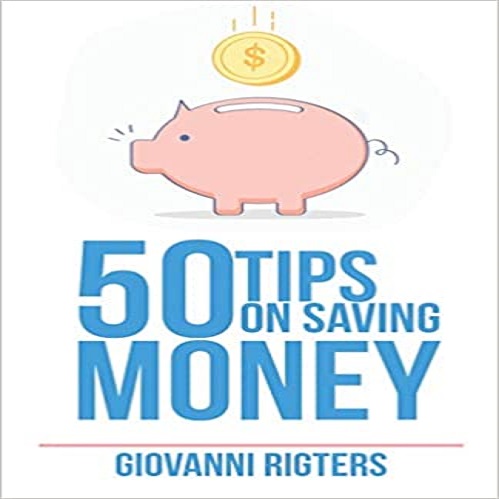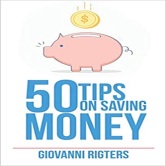From books publishers, “I want to reassure you that spending your hard earned money isn’t a wrong activity, however, there is something that should be taken more seriously than spending and that is saving for your future.
As you spend, you’ve also got to realize that you need to save for a rainy day. If all your material possessions were to be taken away from you, would you still be alright?
If you have been spending a lot and not saving, it may take a while for you to make the necessary adjustments with your finances, but if you are resilient and proactive, the steps you will find in this book will be of great help”.
We focus on spending in lieu of present financial hardships and pandemic predicaments due to COVID-19, The Cornovirus. With the hope of the expected legislative actions being awaited on Paid Sick leave and unemployment insurance for the workforce, as well as other financial reliefs for those living on paycheck to paycheck. The bottom line is that if one is an hourly employee with no work, no PTO, even laid off’s, no emergency cash it will be a challenge ahead. Not to mentioned for the thousands of people work on gigs and events which cannot even access any of these paid sick or vacation time now totally disenfranchise without work.
These are the times either if we have $5,000 to $5.00 on hand, we have to live by our means and the only way is to tip every cent and penny until we get back to normal and working again.
This book Table of Contents:
Introduction
Chapter One: The concept of saving and spending
Chapter Two: The importance of saving
Chapter Three: Top 50 tips on how to save money
Chapter Four: Sustaining the culture of saving
Conclusion:
If you have been spending a lot and not saving, it may take a while for you to make the necessary adjustments with your finances, but if you are resilient and proactive, the steps you will find in this book will be of great help.
If you don’t have a comfortable emergency fund, now could be a great time to start building yours up. You don’t need tens of thousands of dollars — but some cushion is certainly better than none. If you’re among the fortunate people whose income and work schedule haven’t been disrupted yet, consider saving more aggressively in your emergency account. And if you haven’t yet received or allocated your tax refund, bulking up your emergency fund could be an excellent way to use it.
If you don’t have an emergency fund, or are simply worried about your general level of cash flow during the outbreak, it’s smart to look for ways to cut expenses. Some of the usual suspects might not be practical — for example, I can’t in good conscience suggest that you get rid of your Netflix subscription when you might be stuck at home indefinitely.
A final thought: The most important thing to do now is take a deep breath and resist the urge to panic. Panic leads to irrational thinking, which leads to poor financial decisions. This will pass, let’s keep our hopes and continue to gather information.

